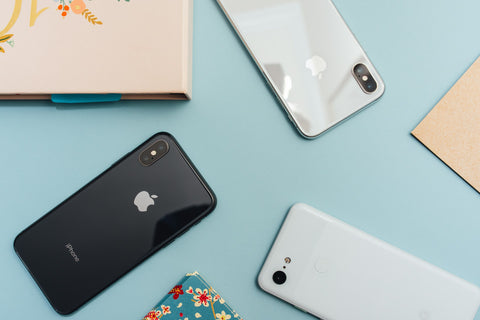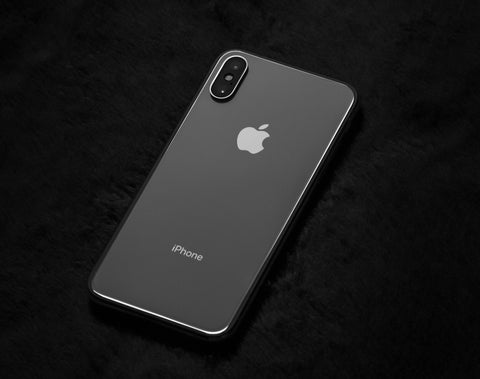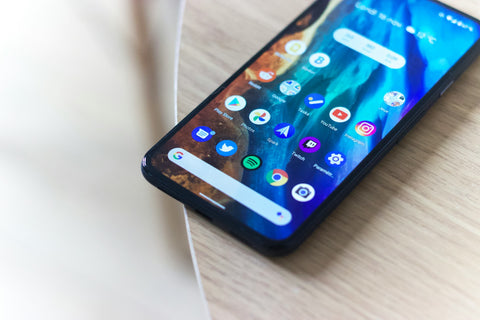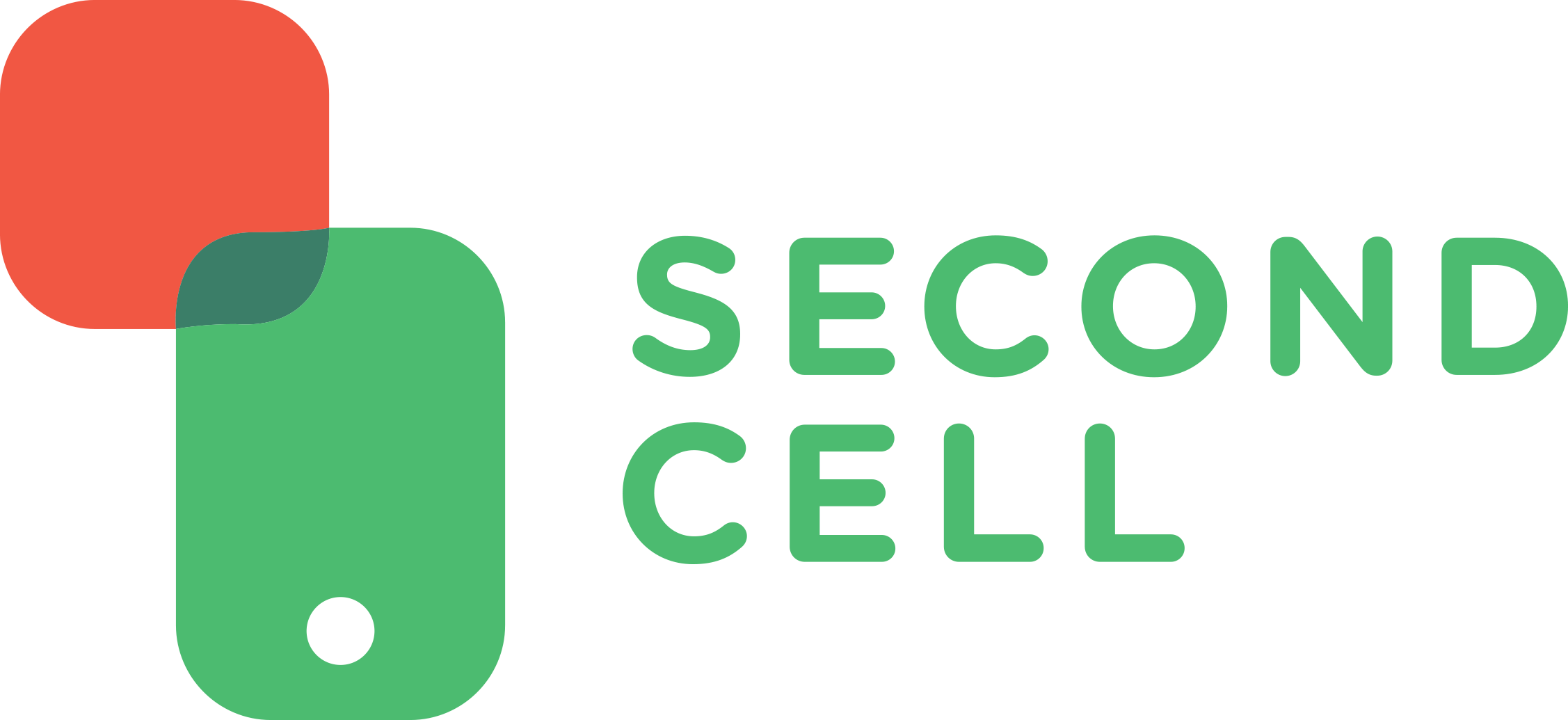
The comparison between iPhone and Android remains a significant topic of debate. These two types of smartphones stand out for their processing capabilities, applications, touchscreens, data transfer options, and communication features. Although iPhones are generally regarded as superior in quality, Android smartphones offer a variety of advantages that make a strong case for them. It's important for consumers to choose a device that not only meets their needs but also their personal preferences.
Choosing between an iPhone and an Android involves several key factors. Considerations include the operating system, battery life, software updates, camera quality, as well as security and privacy. Other factors, such as the device ecosystem, service integration, customization options, and app availability, should also be taken into account.
Refurbished phones offer an economical and ecological alternative to new models. This choice can be influenced by these economic and environmental aspects.
This article aims to clarify these differences to facilitate an informed decision. It details the pros and cons of the operating systems of Apple and compares them with Android devices, like those from Google and Samsung. The performance, user interface, and applications of each platform are also examined.
Manufacturers and Variety of Models
In the smartphone industry, the diversity of manufacturers and available models plays a crucial role in consumer choice. Here's an overview of the options offered by Android and iPhone:
Manufacturers and Models
Android
Android offers a wide range of devices to suit various preferences and budgets. This range includes everything from budget options to high-end models, such as the Samsung Galaxy and the Google Pixel. Each offers diversity in terms of models, features, and price.
The prices of Android phones vary widely, generally ranging from $100 to $1750 or more, depending on the model and its specifications. With hundreds of models available, Android manufacturers, including Huawei, Sony, and LG, cover a broad spectrum of needs, from the most basic to the most advanced, tailored to specific uses. These additions underscore the variety and depth of the Android ecosystem, offering choices for every market segment.
iPhone
Apple, as the sole manufacturer of the iPhone, focuses on a more limited range of models. iPhones are renowned for their premium build quality, using high-quality materials like glass and metal. However, this exclusivity often results in higher prices, with entry-level models starting around $600 and going up to more than $2000.

Considerations for Refurbished Phones
Refurbished smartphones are a viable option for those seeking the quality of an iPhone or the diversity of Android at a reduced price. By choosing a refurbished device, consumers can access cutting-edge technology while contributing to electronic waste reduction. This alternative is particularly attractive for budget-conscious users, offering better value for the money spent.
Operating Systems and Updates
In the realm of operating systems and updates, the differences between iPhone and Android are significant and can influence the choice of a refurbished device. Here is a detailed comparison to help you understand these crucial aspects:
Updates and Security
iPhone (iOS)
Updates are swift and consistent, enhancing security and introducing new features, with all supported models receiving updates on the same day.
iOS devices benefit from guaranteed software updates for at least five years after their initial launch.
Android
Updates are often delayed and less frequent, depending on the manufacturer, carrier, and device.
Being an open-source operating system, Android allows developers to modify and customize the system, leading to the development of custom ROMs that provide additional features.
Optimization and Accessibility
The open-source code of Android can lead to modification and poor optimization when switching devices, while iOS maintains constant optimization across all devices.
Android devices are available in a wide range of prices, offering more flexibility for those looking for quality refurbished phones at a reduced price.
This comparison highlights the importance of considering the operating system and update frequency when choosing between an iPhone and an Android refurbished. Whether you prefer the security and rapid updates of iOS or the customization and variety of Android, the refurbished phone market provides viable options to meet your needs.
Security and Privacy
In the realm of security and privacy, iPhone and Android offer distinct approaches that can influence consumer choice, especially for those interested in refurbished phones. Here is a detailed comparison based on key points:
System Security
iPhone
- Closed system, less vulnerable to malware and viruses.
- Quick and direct security updates.
- Strict application review process in the App Store.
- Encryption of data at rest and in transit.
- Hardware security features such as Secure Enclave.
Android
- More susceptible to malware due to its open-source nature.
- Security updates dependent on the manufacturer and carrier.
- Google Play Protect to scan applications.
- Privacy model based on explicit user permissions.
- Option to customize ROMs for enhanced security.
Data Privacy and Management
Apple prioritizes user privacy, with less data collection and features such as app privacy labels and App Tracking Transparency.
Google collects more user data for personalized services and ads, but allows detailed management of app permissions.
These differences underscore the importance of choosing a system that not only meets your feature and price needs, considering refurbished options, but also aligns with your personal preferences on security and privacy.
Ecosystem and Integration
The ecosystem and integration of smartphones, whether new or refurbished, play a crucial role in user experience. Here is a detailed comparison between the iPhone and Android ecosystems:
Integration with Apple and Google Services
iPhone
The iPhone offers seamless integration with the Apple ecosystem, including iCloud, iMessage, FaceTime, and other Apple services, facilitating synchronization and use across different devices such as iPhones, iPads, Apple TVs, Apple Watches, and Mac computers.
Android
The Android system integrates perfectly with Google services such as Gmail, Google Drive, Google Maps, and Google Photos. This integration is particularly beneficial for users who rely heavily on these services in their daily life.
Device Compatibility
iOS
There is uniformity and consistency across Apple products and services, making the user interface more friendly, even for less tech-savvy individuals. Interoperability between devices is smoother thanks to a consistent interface.
Android
While less interactive between different manufacturers, Android relies on tools like Google Workspace for interoperability, offering a more customizable experience.
Support and Services
Apple
A comprehensive customer support system is offered by Apple, including online resources, community forums, and direct support via phone calls, live chat, or appointments at Apple Stores.
Android
Android users often need to send their devices to the manufacturer for service, although integration with Google services provides a streamlined experience for cloud services.
These differences highlight the importance of considering the ecosystem and integration when choosing between an iPhone and an Android, especially for those interested in refurbished phones, to find an option that not only meets their needs but also aligns with their personal preferences in ecosystem and integrated services.
Customization and Applications
Customization and applications are crucial aspects in choosing between an iPhone and an Android. This customization is also practical when it comes to refurbished phones that give a second life to devices, combining economy and environmental respect.

Customization
Android
The Android system allows for extensive customization, with the ability to change almost all aspects of the user interface, including installing custom launchers and selecting default apps for various functions.
This system allows for memory expansion via microSD cards, thus offering more flexibility in terms of storage.
iPhone
iOS offers a more consistent user experience with limited customization options, focusing on simplicity and intuitiveness of the interface.
Applications
App Store (iPhone)
The App Store enforces strict guidelines for apps, ensuring their quality and security. This reduces bugs and low-quality applications, offering a consistent experience across apps.
Google Play Store (Android)
The Play Store provides a wider selection of apps due to its open-source platform, though this can sometimes lead to an increase in bugs and lower-quality applications. Android also allows users to remove pre-installed apps that are not needed, thereby freeing up storage space and improving performance.
These differences between iPhone and Android in terms of customization and applications are relevant for those seeking the best cell phone, as they allow for a more precise adaptation to each user's needs and preferences.
The Verdict
At the end of this detailed comparison between iPhone and Android, it becomes clear that the choice between these two tech giants boils down essentially to personal preferences and priorities. Whether in terms of operating system, security, customization, or integration into the ecosystem, each platform offers distinct advantages that cater to different user needs. For those looking to combine economy and environmental commitment, refurbished phones emerge as a viable option, providing a solution that neither sacrifices quality nor user experience.
Understanding the nuances between these devices is crucial for making an informed choice, one that goes beyond simply comparing features or prices but also encompasses the impact of these technologies on our environment. Refurbished phones thus represent a beneficial path both for personal economy and for the planet. For those interested in this responsible alternative, explore our collection of affordable phones and take a step towards a conscious and sustainable purchase. Choosing a refurbished device means opting for quality and performance while contributing to the reduction of electronic waste, an essential step in our current society.
Frequently Asked Questions
What are the comparative advantages between iPhones and Android phones?
Higher-end Android phones often compete with iPhones in terms of quality, but lower-end Android models may be more prone to issues. Conversely, while iPhones can also encounter problems, they are consistently recognized for their superior quality.
What are the main reasons to choose an iPhone over a Samsung?
A fundamental difference between iPhone and Samsung smartphones lies in their respective operating systems. iPhones use iOS, developed by Apple, whereas Samsung smartphones run on the Android system, developed by Google.
Why is iOS considered superior to Android?
One of the strengths of iPhones is ease of use. Apple devices are known for their user-friendly interface, where all applications are accessible from the home screen and all settings are centralized under a single menu.



